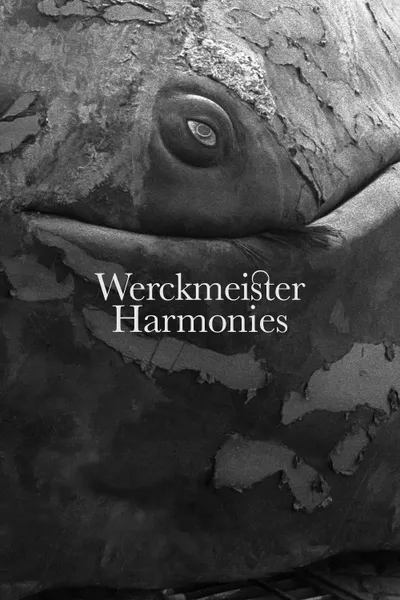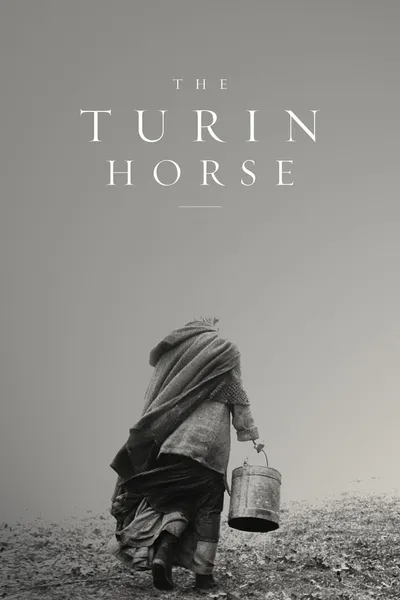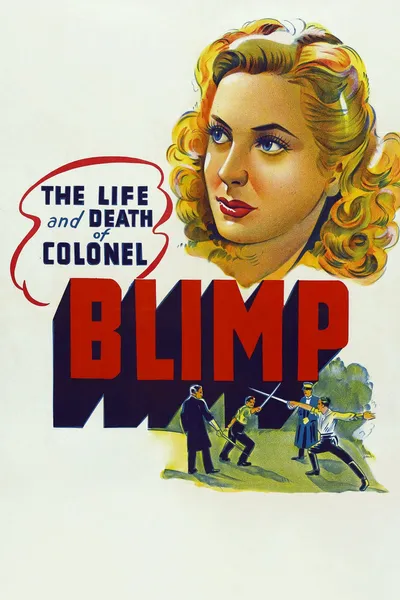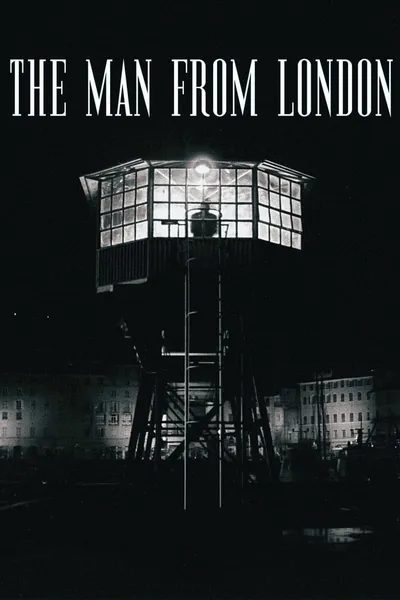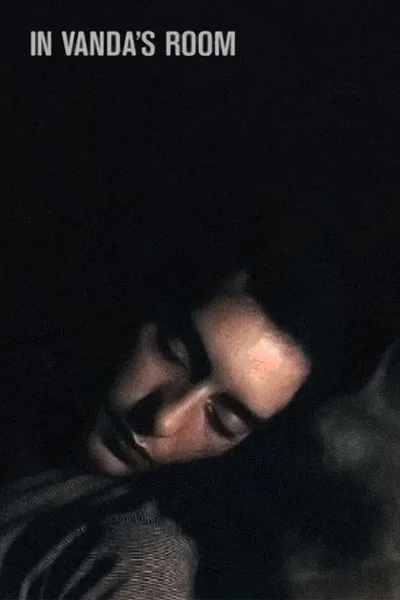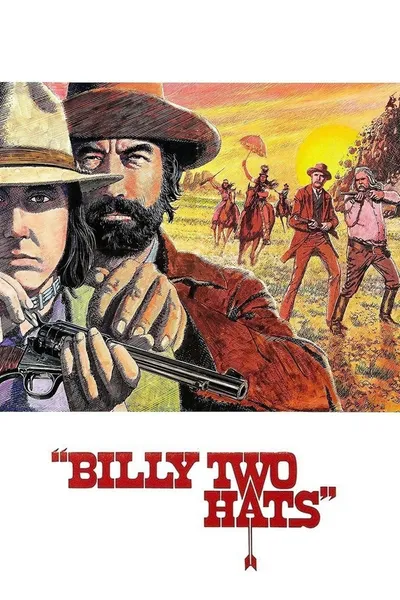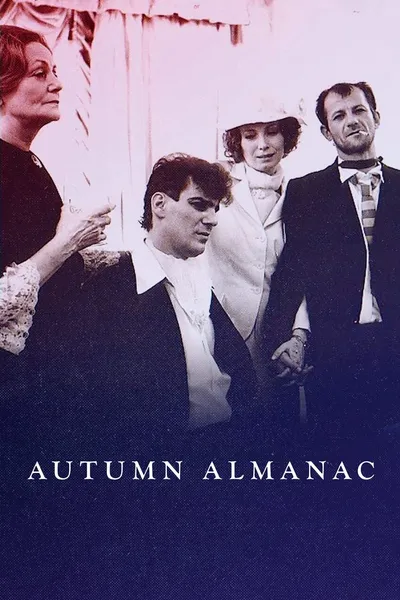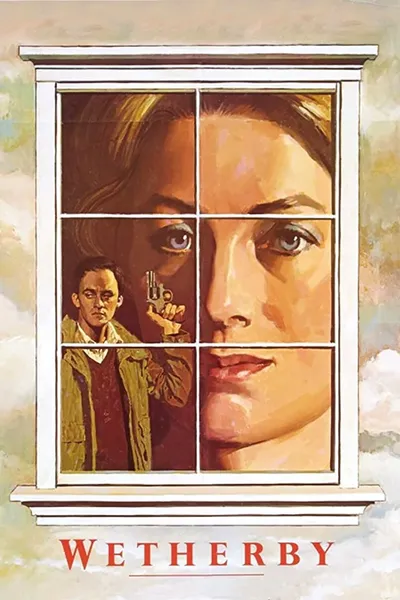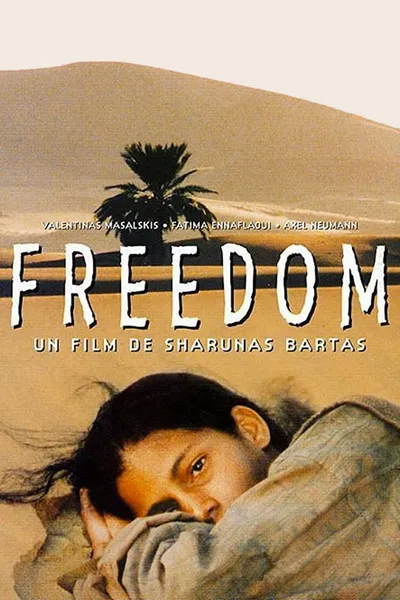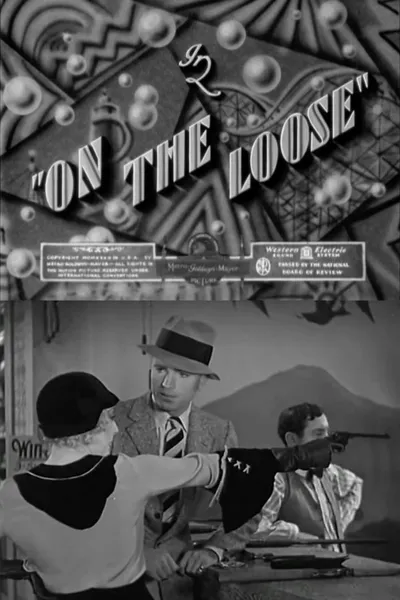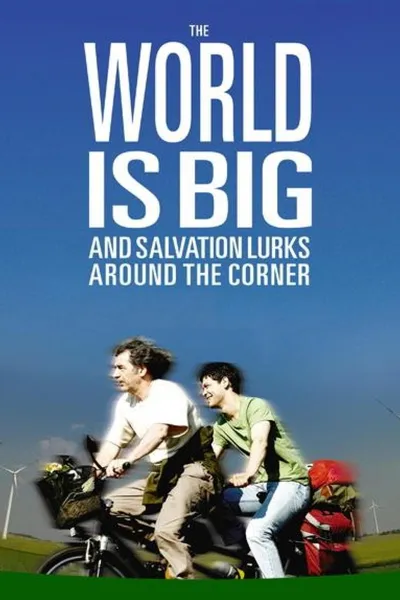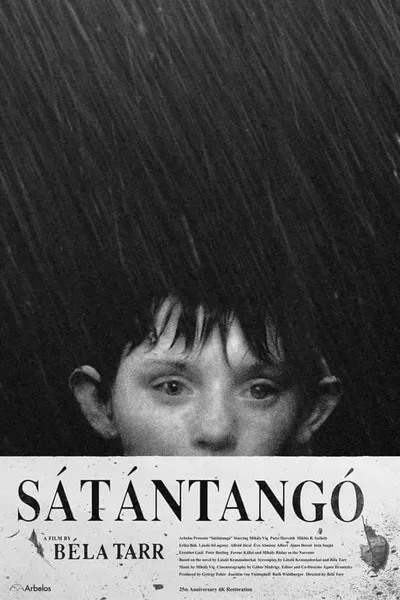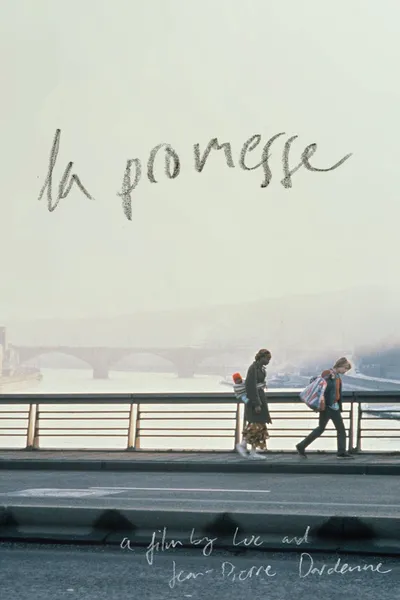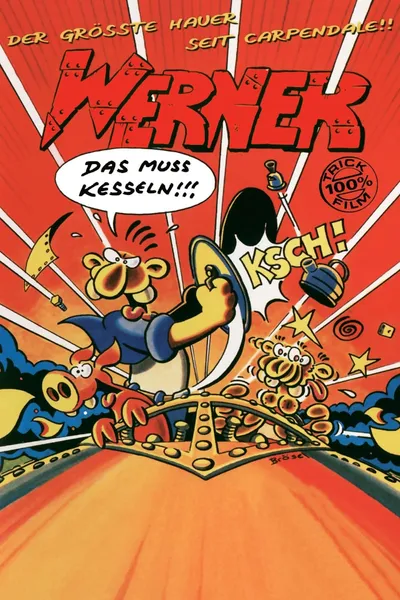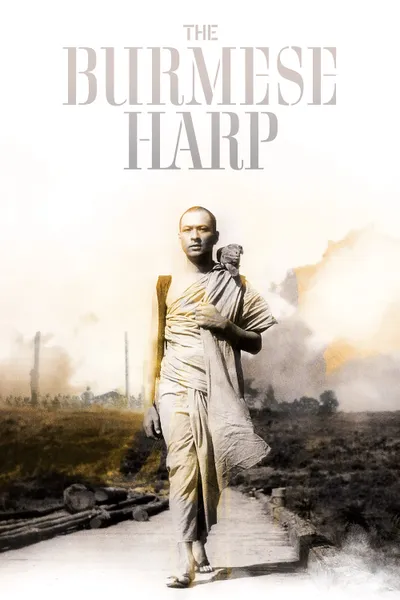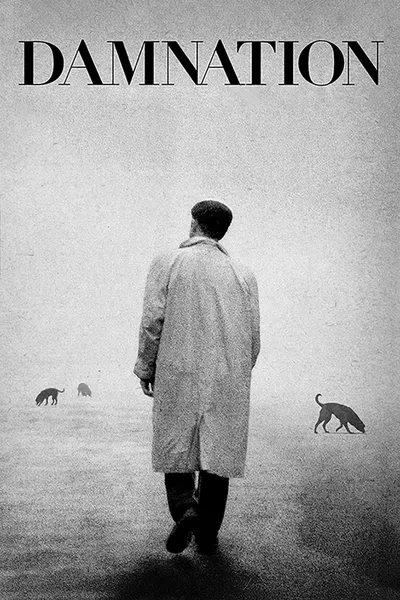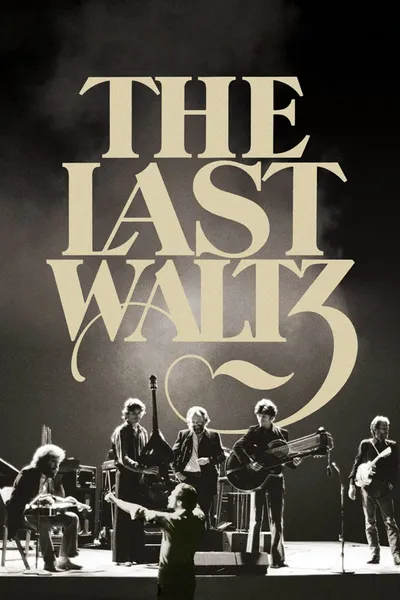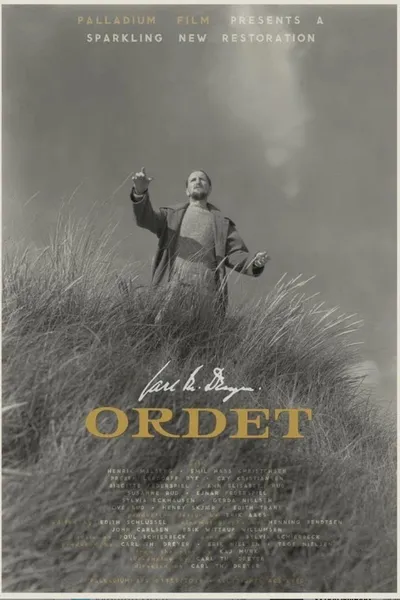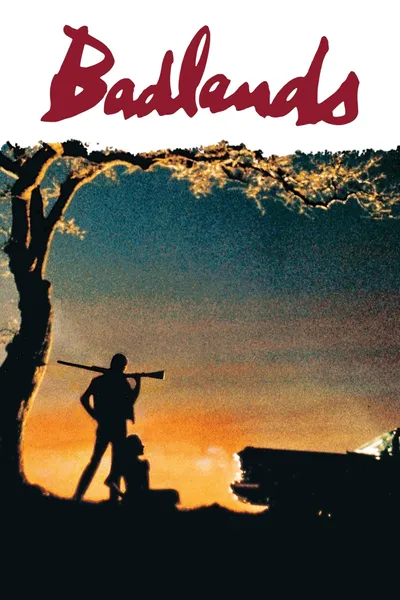Reviews
CRCulver
September 1, 20188.0
Béla Tarr's 2000 film The Werckmeister Harmonies deals with troubling events in a small town in Hungarian's eastern plains. After an opening scene showing simpleton postman János demonstrating to a bar full of drunks how the Earth and moon rotate around the sun with the help of three of the old geezers, he does his rounds in the early morning. Posters put up advertise the arrival of a giant whale with special guest, the Prince. This traveling circus, however, fills the townspeople not with eager anticipation but with dread. Indeed, when the Prince does appear, all hell breaks loose.
Based on the novel The Melancholy of Resistance by László Krasznahorkai, the plot of this film is a transparent allegory for Hungary in the 1930s and 1940s: unable to keep its house in order, and falling for the demagoguery of fascism, Hungary brought on itself its long nightmare of Soviet domination. Tarr has curiously stated, however, that he is not offering us a historical allegory. By that I can only imagine that he is turning the allegory into a parable, using a reference to mid 20th-century Hungary as way of exploring more universal themes. Perhaps the central tension in the film is between a natural order, the ecstatic cooperation of free human beings, and an order dictated by a manipulative leader. I don't want to spoil anything that happens here, but Tarr's depiction of a mob let loose is harrowing.
I was very moved by this film the first time I saw it, and on repeat viewings there has been much to appreciate. I feel, however, that the film is greatly weakened by Tarr's decision to use German actors for two main roles. Lars Rudolph, who plays János, and Fassbinder mainstay Hanna Schygulla as the sinister "auntie Tünde" give physically commanding performances, but they were presumably speaking in German while acting, and Tarr has had them clumsily dubbed into Hungarian, no synchronization between their mouths and the voices.

CinemaSerf
December 31, 20247.0
With the temperature well below zero, it's odd to see the rural population of the Hungarian plain standing around awaiting the ultimate in circus attractions (if not the ultimate nightmare for the taxidermist). A giant whale is revealed and, well, many of them have no idea what to make of it. As it remains, it attracts visitors from all around and their arrival starts to cause friction amidst this small community. That's especially problematic for the gentle young "János" (Lars Rudolph) who is used to being the sole source of local entertainment with his performances in the local boozer. What's not really clear to anyone, though, is just why this long deceased leviathan is causing so much trouble. His aunt "Tünde" (Hanna Schygulla) tries to recruit his sceptical uncle "György" (Peter Fitz) to chair a committee to try to restore some sort of equilibrium, but even that doesn't seem destined to calm things down as a mob descend on an hospital where only the epitome of pathetic imagery might just bring them to their senses? Perhaps not for long? It's cleary rich in allegory, this, and I'm guessing the principal point is to suggest that by sewing the seeds of discontent, the Soviets created the perfect scenario for them to ride to the rescue after the war. Maybe a little unfair on the whale, but it seems destined to carry the can for this provocative drama that sees rational behaviour disappear and traditional and family loyalties heavily, and sometimes violently, compromised. The monochrome photography and the penetratingly haunting score add a great deal of richness to this story, and with a really quite emotionally charged, but understated, effort from Rudolph underpinning the complex plot, this makes for an intriguing drama that won't make you feel good, but might make you think a little.
Recommendation Movies
The Turin Horse2011
The Life and Death of Colonel Blimp1943
The Man from London2008
In Vanda's Room2001
Billy Two Hats1974
Autumn Almanac1984
Wetherby1985
Freedom2000
On the Loose1931
The World Is Big and Salvation Lurks Around the Corner2008
Satantango1994
La Promesse1996
Werner: Eat My Dust!!!1996
The Burmese Harp1956
Damnation1988
...Watch Out, We're Mad2022
In a Better World2010
The Last Waltz1978
Ordet1955
Badlands1974
© 2026 MoovieTime. All rights reserved.Made with Nuxt
